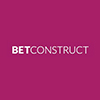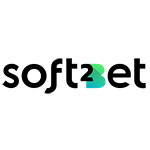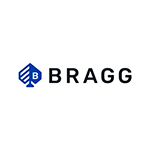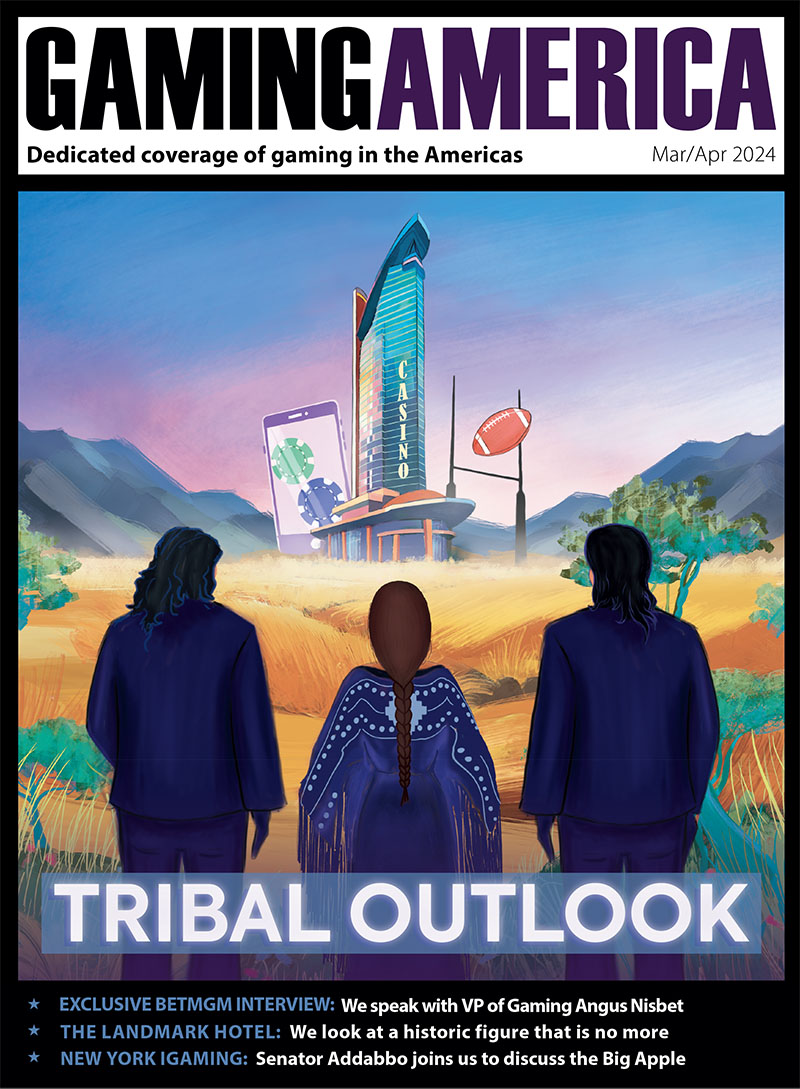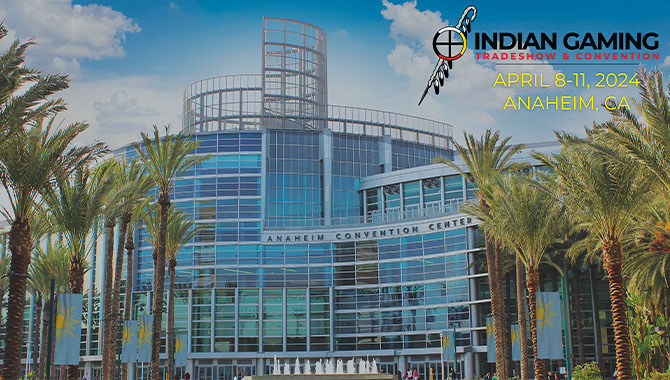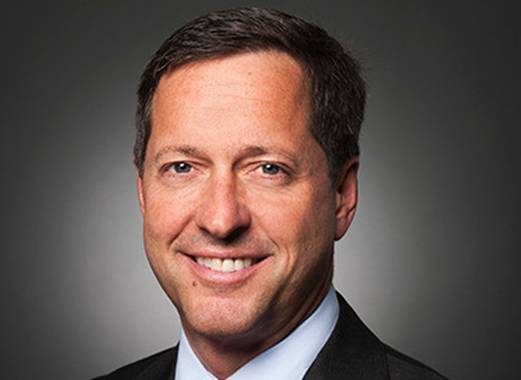
In a previous edition of Gaming America, I examined whether US operators should address the issue of offshore competition head on through aggressive advertising, educating the customer and informing them of the various cons of using an illegal sportsbook. Since then, American Gaming Association CEO (AGA) Bill Miller has also written about the illegal market and what’s needed to drive it out. Right now, as Miller points out, the offshore industry’s existence isn’t the most immediate problem – it’s that mainstream media outlets across the US are promoting it.
How can a US bettor know a product is illegal if it is mass marketed on mainstream TV channels? This is the very juxtaposition perpetually facing the regulated sports betting market in the US. While regulated companies will aim to follow the rules dictated by their license, and crucially pay taxes on their earnings, offshore operators have an unfair and illegal advantage by fulfilling neither. But how can a player distinguish between right and wrong if both are advertised by the likes of Fox Sports, Reuters, Yahoo Sports, the Wall Street Journal and more?
That’s why Miller is correct to call on the mainstream, or any form, of media first and foremost. How can dismantling the illegal market, difficult enough as it is, be achieved with widespread disregard from national media outlets reaching millions of fans across the US? According to the AGA CEO, an estimated 100 million American adults will be able to place a legal sports bet in their home state by the end of 2020. Yet the sum of illegal wagering remains a considerable threat to the regulated market share.
He wrote: “PASPA never came close to doing what policymakers intended. Instead of protecting competition, the failed law perpetuated a massive, $150 billion-a-year illegal marketplace that left athletes and consumers vulnerable. Those protections only exist when sports betting can come out of the shadows and under the watchful eyes of experienced gaming regulators, which is why the American Gaming Association remains committed to expanding these safeguards today.
“Unfortunately, many consumers are still unable to distinguish between safe, legal US sportsbooks and unregulated offshore operators. This becomes especially difficult when mainstream publications continue to legitimize the dangerous illegal market, blurring the lines between legal, regulated sports betting and the predatory, unregulated offshore market. One doesn’t have to look too far to find national outlets citing offshore books in their recent coverage, with some pieces reading like they’re copied and pasted from a PR pitch.”
The distinction between legal and illegal operators is “essential,” according to Miller, with the sports betting space one of the most highly regulated industries in the US. The illegal sports betting market, by comparison, “funds nefarious activity like money laundering, drug trade and human trafficking” while lacking “any responsible gaming measures,” he adds. With a “storied history” of failing to pay winners and failing to put up safeguards for financial data, Miller and the AGA are deeply concerned by the offshore sector.
“Here’s the stark difference in plain terms: illegal, unregulated sportsbooks are predatory,” Miller concludes. “Responsibility for educating the public is shared among everyone in the sports betting ecosystem. Media organizations should do their part, too.”
As ever, there’s no easy remedy. But it’s time, perhaps, to take the first stages of a deep dive into exactly why media outlets continue to promote offshore books. Whether through the AGA or anyone else, a degree of data collection within these media organizations would be helpful to no end. How useful, for instance, would a survey be to address whether executives, employees and viewers even know the difference between a legal and illegal sportsbook, or whether these outlets have actually negotiated deals in place with these companies?
Even as the right course of action legally, the reality is media outlets may need persuading to drop the odds of an unregulated book from their TV feeds. How can the sector appeal to them in trying to enact this change? Perhaps TV channels and online blogs link to sites simply because they offer better odds – odds enabled by reduced costs without any taxation or compliance department salaries. The first step is always to identify exactly what the industry is dealing with, and why.
In the case of Fox Sports, it’s perhaps doubly perplexing. Not only does the company share a brand name with Fox Bet – a licensed operator owned by Flutter Entertainment – parent company Disney owns a stake in regulated operator DraftKings. Imagine if, by contrast, Fox (or any other mainstream broadcaster) used its platform as a force for good in this area. Instead of promoting the odds of illegal companies, how powerful would it be if Fox Sports displayed the message ‘Don’t bet with illegal bookmakers’ regularly across its newsfeeds?
As Miller initially pointed out, the origin of this dilemma was PASPA itself. For years, media organizations would advertise illegal odds as these were the only ones available if they wanted to discuss betting content. Now that sports betting has been legalized across numerous US states, however, we’re seeing a delayed response to the modern-day betting environment. Rather than a lack of knowledge, or having an agreement in place with said offshore books, perhaps media organizations simply haven’t had time to adapt yet. Here’s where the AGA itself can further push the agenda, as it is trying to do.
The whole industry can help, though, and this is where more direct marketing and advertising can still play its part. If players have gotten used to better odds and greater convenience with the same illegal bookmakers down the years, what can the industry do to tempt them out of this bubble? As well as signing sponsorships and marketing partnerships with sports teams and sports leagues, perhaps operators can sign agreements with more media firms, like MGM has done with Yahoo. But maybe they could also include a new clause – any advertising of illegal bookmakers is to be penalized with the contract being made null and void. That would make companies sit up and listen.




